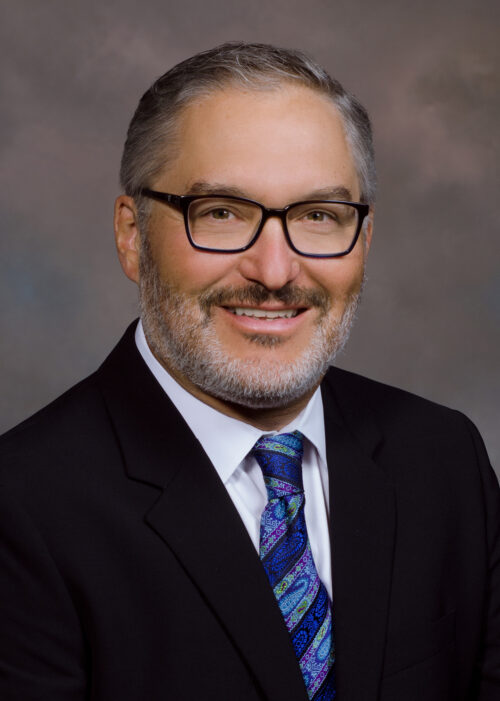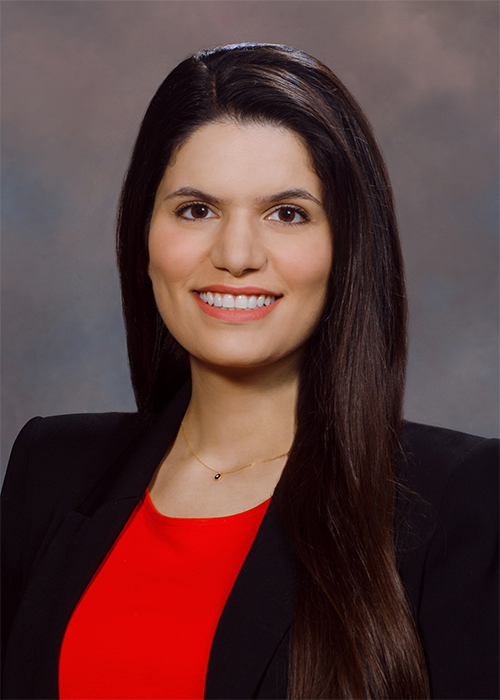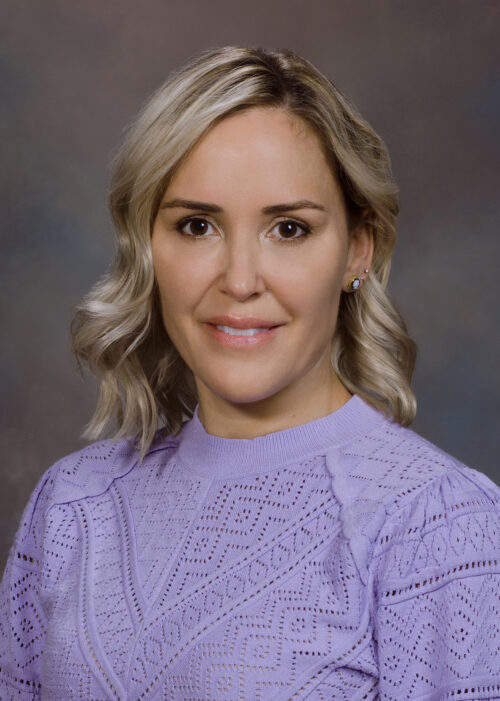
Surgical Dermatology
Our providers will work with you to determine which medical or surgical dermatology approach is best for you. Most dermatological conditions are treatable with medication and non-invasive procedures and therapies. Most surgical procedures can be performed in our outpatient office setting.
Biopsies and in-house pathology
Surgical removal of skin cancers
Wound care and follow-up
Reassurance & overall peace of mind

Cryosurgery (Liquid Nitrogen)
A cryosurgery is a form of surgical dermatology used to treat warts, precancerous lesions, and certain types of skin cancers. The extreme cold, produced by liquid nitrogen, results in the destruction of the affected tissue.
Cryosurgery has its advantages over other methods of skin cancer treatment; it is not as invasive as surgery and other complications that would usually be found in surgery are minimized. Cryosurgery is less expensive than most other treatments and generally results in shorter recovery time and hospital stay.
Minimally invasive
Multiple lesions treated at same time
Little to no recovery time

Electrosurgery
An electrosurgery is a form of surgical dermatology used for the removal of benign and invasive skin lesions. The heat produced by the electrosurgical system produces a controlled superficial tissue burn. Electrosurgery is useful when dealing with the removal of exterior lesions, like warts, without the need for suturing. It is also useful when dealing with the removal of vascular lesions because of the minimal blood loss.
Minimally invasive
Lessened recovery time
No need for sutures

Excisional Surgery
Excisional surgery, also known as surgical excision, results in the complete removal of benign and malignant lesions when indicated. This procedure also allows for microscopic analysis of the affected tissue. Excisional surgery can typically be completed in just one session, with the results being both cosmetically and medically effective.
We have a certified dermatopathologist on staff to provide expert pathologic diagnoses. Excisional surgery is different from Mohs surgery. This is due to the number of sessions required for each surgery. Mohs may be done over multiple sessions, while a surgical excision can be completed in one session.
Used with more invasive lesions
Majority performed in office
Wound care and follow-ups as needed

Mohs Surgery
Mohs surgery is a uniquely effective technique for accurately removing cancers of the skin while preserving the maximum amount of healthy tissue possible. Learn more about Mohs surgery here.
Effective for maintaining healthy tissue
In-house Mohs Surgeons
Reassurance & overall peace of mind
Our Surgical Dermatology Physicians

LAWRENCE E. BLANCHARD, III, M.D.

GEORGIA K. SEELY, M.D.

KIM M. PANZARELLA, M.D.

SUZANNE G. SPADAFORA, M.D.

CHRISTOPHER T. ALEMAN, M.D.

LISA C. EDSALL, M.D. PH.D.

ANGELA M. SPRIGLE, M.D.

RAJ AGARWAL, M.D.

ALYSON V. RIDPATH, D.O.

GABRIELLA J. MELSON, M.D.
Our Mohs Specialists

ASHLEY N. SULLIVAN, M.D., MOHS SURGEON

JULIA K. PADGETT, M.D., MOHS SURGEON

NIKOO CHERAGHI, M.D., MOHS SURGEON
Our Advanced Practice Providers

JENNIFER D. BAUER, MPA, PA-C

RATHI BLANKENSHIP, MPA, PA-C

KRISTEN A. ALBRIGHT, PA-C

MICHELE R. RHOE, MPA, PA-C

SHELLEY B. WOODLEY, DNP, FNP-BC

SUZANNE N. WEST, MSN, FNP-BC

BROOKE E. HARMON, MPA, PA-C
Frequently Asked Questions:
What is surgical dermatology?
It is a subspecialty of dermatology that involves surgical removal of skin lesions such as skin cancer, moles, cysts or other skin lesions.
When is surgical dermatology recommended?
Skin surgery is typically recommended for skin cancer or atypical moles. It can also be performed on bothersome skin lesions such as skin tags, cysts and lipomas and for cosmetic reasons.
What types of surgical procedures are commonly performed in dermatology?
Surgical dermatology includes removal of a skin lesion, often with excision or Mohs surgery. This is commonly done under local anesthesia in an office setting.
How do I know if I need surgery for my skin condition?
Discussion of the diagnosis and the risks and benefits of removal should be done with your dermatology provider to understand if surgical removal is right for you.
Is surgical dermatology only for skin cancer removal?
No, surgical dermatology encompasses any removal or treatment of a skin lesion.
What is the recovery process like after surgical dermatology procedures?
While this varies by the size of the removal and the necessary reconstruction, most patients are free to resume full pre surgical activities within two weeks.
Can surgical dermatology be performed in an outpatient setting?
Yes, statistically most dermatologic surgery is performed in an office setting with excellent safety profiles and patient comfort ratings.
How long does it take to complete a surgical dermatology procedure?
A typical standard excision can be completed within 30-60 minutes. At Dermatology Associates of Virginia, Mohs procedures can vary from 2-5 hours on average.
Is Mohs surgery suitable for all types of skin cancer?
Mohs is suitable for non-melanoma skin cancers. For melanomas, the DAV surgeons either perform wide local excision or “slow Mohs”.
What is Mohs surgery, and when is it recommended?
You can learn more about Mohs Surgery here: https://www.mohscollege.org/for-patients
Are there risks associated with surgical dermatology procedures?
Yes. While many of the risks associated with surgical dermatology are considered minor, it is important to discuss these with your treating provider.
Do I need a referral for surgical dermatology services, or can I directly schedule an appointment?
The treating provider must assess the appropriateness of the removal. Therefore, a referral from another healthcare provider and/or an in office visit with our team is necessary.



















